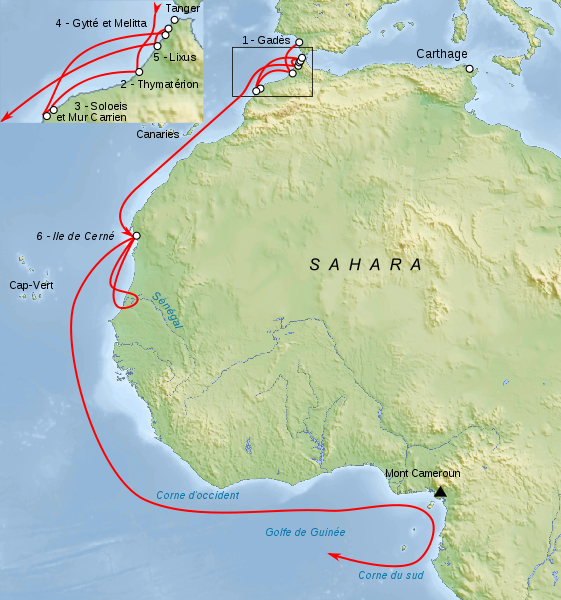I figured as much. Thanks tailles.
SKILORD, your comments are helpful, because I was also wondering about the horse and migration patterns. It is quite difficult to piece this stuff together, given the lack of any 'proper' history before European arrival. However, that is why it is interesting and why I can play with it.
The tricky thing to me is that many groups such as Iroquois, Powhatan even, and of course the larger ones - were not really real groups of people, but collections of migrated tribes. Luckily, this is the kind of thing I want to play with.
SKILORD said:
What are you doing with it, if I may ask?
I am creating an alternate history (for
fun, not for strict accuracy) in which Native American groups organized far earlier than European arrival.
The Roman Empire arrived around 200 A.D. by using primitive forms of galleon-like ships and excellent navigation. They served as a European colonial presence more than 1000 years prior to the British, French, or Spanish. They settled areas of the New World, thus forcing Native American groups to gather and migrate together at an earlier date. This caused them to become more organized, as well. As for the Romans, their new ships that could make the trip from Europe to America allowed for Roman colonies to grow significantly in the New World. However, despite the extra resources and these successful colonies, the Roman Empire suffered its RL fate and fell due to various enemies and other factors. This left the colonies independent, and because the Romans were vicious to the Native Americans (treating them basically as Gauls or barbarians), the now-more-organized tribal groups launched invasions of the Roman colonies. (around 500 A.D. - so later) And that was the end of that.
Like Europe, America also went through a dark ages of sorts, in which individual tribes created feudal lands within larger collectives and the Roman technology they had acquired did not advance any further. This dark ages lasted longer than the European one, and it wouldn't really be appropriate to call it a dark ages.
European nations gradually formed, but while they were forming, Native American groups were creating organized 'states' of sorts once again. This was because of those earlier migration patterns during the Roman presence in America and the desire to consolidate tribes in the same geographic region. There were many organized groups of Americans who were aggressive and seeking to build empires, and so other states organized through protection. More common, however, was the creation of states due to successful trade. The Romans had brought horses, new ways to carve, new materials, and even new crops - these had lasted for centuries since the Roman presence. Their 300-year presence in America had laid a framework for the extraction of resources and other European-esque concepts of nationhood and civilization.
When European nations arrived to America as they did in real life history, they found Native Americans to be much more centralized and even
more protective of their land. However, certain virtues remained unchanged, despite the alternate history:
1. Renaissance: The Native Americans did undergo a Renaissance, but it was tiny in comparison to the European one. The Americans had renewed interest in Roman texts involving science and medicine, and adapted these to their own cultures and available resources (oils, ointments, plants, and so on). Also: artworks, writings, roads, unified language, currency, and other factors that assisted in statehood.
2. They never invented gunpowder and they never wore large armor. Even though they had created more centralized states, the ranges of said states often fluctuated. Mobility was key.
3. In addition, the Native American concept of a respect for the land remained. While they could mine stone and what not, it was not to the massive slave-driven extent of the Roman Empire. Native American populations are larger in this alternate history, yet they are still sustained with similar cultural values of a deep respect for the land. The effect on groups depends on the group. Some groups were more opportunistic with Roman learnings, while others were more minimal.
Europeans thus had less 'room' colonizing America, but like in RL history the American nations both helped and hurt, depending on various factors. Some wanted to assist the Europeans for trade purposes, others wanted to kill them all and get them off the continent. Still, European tech was better, so sometimes the latter option did not work out as well. But American and European sense of nationhood is roughly equal.
-
OK, but the map I had posted already was me trying to get
historical context, before going into the real alternate history map (which I'll post if anyone is interested).
And I am doing this for
fun, not for strict realistic accuracy. So if you have anything to add, I'd love to hear it - but don't uber-realistic in your critique of this because that is not what I'm going for. I am interested to hear what you all think might have changed in Europe due to this, keeping in mind the Roman Empire still crumbled.


